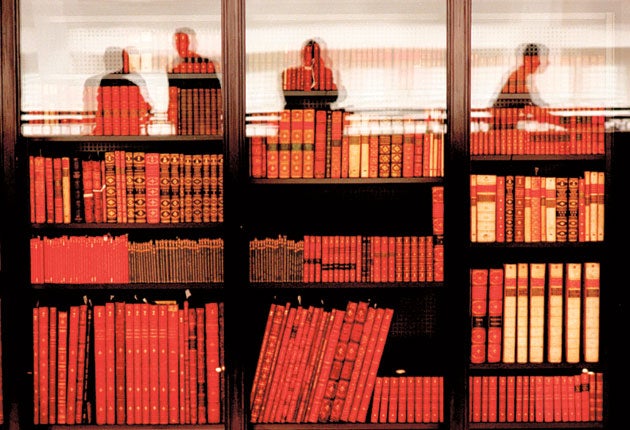250,000 of library's historic texts go online

When the French naturalist Georges Buffon penned his opus, The Natural History of the Hippopotamus, or River Horse, in 1775 he little imagined that a copy would reside in the British Library more than 200 years later, much less that it would be converted into some new-fangled digital format that would enable the people of the world to search it by key word using transportable telephone devices.
But yesterday Buffon's work, along with its account of a stuffed hippopotamus displayed in a cabinet of curiosities, was among the first of 250,000 texts from the late 18th and early 19th centuries to be translated into digital format as part of a project with Google.
The project was launched yesterday by Dame Lynne Brindley, chief executive of the British Library, who said the notion of making such books accessible to "anyone, anywhere and at any time" was a natural extension of the 19th-century idea of setting up reading rooms.
Join our commenting forum
Join thought-provoking conversations, follow other Independent readers and see their replies
Comments